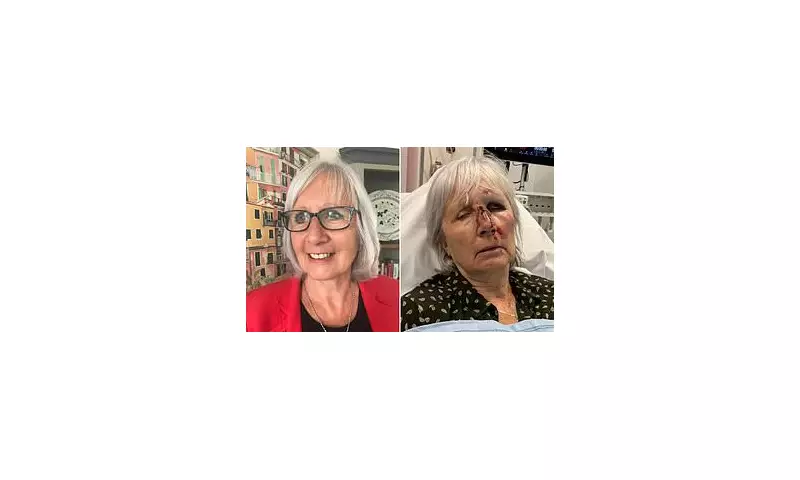
For months, Sarah Roberts' world spun uncontrollably. Simple tasks like standing up or walking to the kitchen would trigger violent dizzy spells, leaving her clinging to furniture and fearing a sudden collapse. Yet, when she sought help, her concerns were repeatedly dismissed by medical professionals.
A Mother's Intuition Ignored
‘They told me it was just anxiety, that I was a stressed-out mum,’ recalls Sarah, a formerly active mother. ‘I was handed beta-blockers and antidepressants and sent on my way. But I knew in my gut it was something more sinister.’
Her pleas for further investigation were met with condescension. The terrifying episodes, which saw her heart rate skyrocket from 60 to 180 beats per minute upon standing, were brushed off as panic attacks. She was, in her own words, handed a ‘death sentence’ through neglect.
The Desperate Search for Answers
Fearing for her life and unable to care for her young child, Sarah took matters into her own hands. After exhaustive private research, she self-referred to a specialist clinic in Germany, draining her family's savings in a last-ditch effort for survival.
The diagnosis was swift and shocking: Postural Orthostatic Tachycardia Syndrome (POTS), a debilitating dysfunction of the autonomic nervous system. ‘It was both devastating and validating,’ she says. ‘I had a name for the monster that was trying to kill me, but I was furious it took a foreign doctor to find it.’
A System-Wide Failure
Sarah’s story is not an isolated incident. It highlights a alarming trend within the UK's healthcare system where complex, often ‘invisible’ conditions, particularly those affecting women, are frequently misdiagnosed as psychological issues.
‘The gaslighting is a trauma in itself,’ she explains. ‘You start to doubt your own reality. Being told you're crazy when you're fighting for your life destroys a piece of you.’
Rebuilding a Life, Demanding Change
Now back in the UK with a formal diagnosis and a treatment plan, Sarah's fight is far from over. She is navigating a gruelling recovery while campaigning for greater awareness of POTS among GPs and hospital doctors.
‘No one should have to mortgage their future just to be believed by a doctor,’ she states emphatically. ‘The system failed me catastrophically. I'm sharing my story so that others won't have to suffer the same terrifying ordeal and can get the help they need right here at home.’





